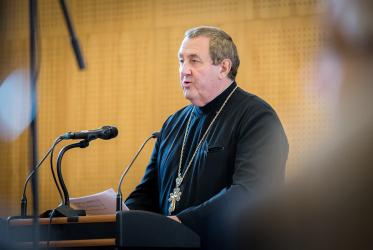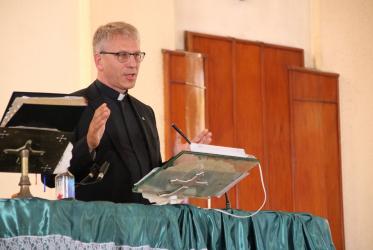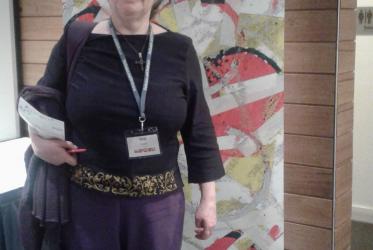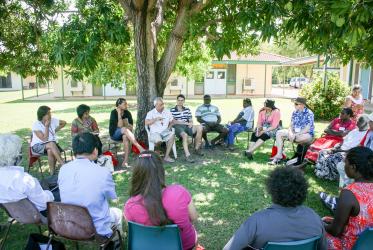Displaying 1 - 20 of 48
CCIA meets in Brisbane with focus on Pacific regional priorities
19 February 2020
The cry of the Papuans in Indonesia
14 November 2019
An advocate for family values, called by God
26 March 2018
Un défenseur des valeurs familiales appelé par Dieu
26 March 2018
#WCC70: A story of how we meet together
02 February 2018
#WCC70: Un récit de la manière dont nous nous réunissons
02 February 2018
In Fiji, “time to go beyond the reef”
14 August 2017
Indigenous spirituality: can it transform injustice into justice?
01 September 2016
La spiritualité autochtone peut-elle transformer l’injustice en justice?
01 September 2016










